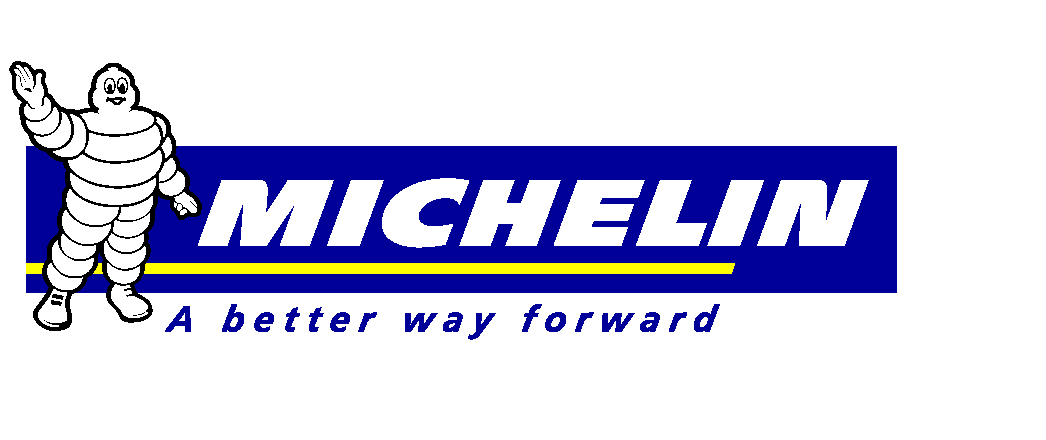Michelin and Barito Pacific Group Create a Joint-Venture to Produce Eco-Friendly Rubber and Projects to Help Protect and Restore the Fauna and Flora in the Regions Concerned
PARIS, May 19, 2015 /3BL Media/ - Michelin today announces the creation of a joint-venture in Indonesia with Barito Pacific Group (BPG) for producing natural, eco-friendly rubber. According to the terms of the agreement, this new joint-venture will be owned 53% by BPG and 47% by Michelin, with Michelin's contribution to the joint-venture amounting to US $55 million.
The project involves the reforestation of three concessions, representing a total surface area of 88,000 hectares, ravaged by uncontrolled deforestation. On half of these areas, situated respectively in the provinces of Jambi (Sumatra) and North-East Kalimantan-Timur (Borneo), rubber trees will be planted to produce natural rubber (approximately 80,000 tonnes per annum). The other half of these will be earmarked for re-creating a natural environment and community crops. This project will ultimately create more than 16,000 direct or indirect long-term and stable local jobs.
In the framework of promoting practices of sustainable natural rubber production, Michelin has chosen to enter into long-term cooperation with the WWF, a non-governmental organisation. This four-year partnership, signed on 24 April 2015, by Jean-Dominique Senard, CEO of the Michelin Group, and Marco Lambertini, President of WWF International, comprises three facets:
- A global partnership involving the promotion of best practices in rubber tree plantation and the extraction and transformation of latex, among the international bodies representing the rubber Industry.
- A partnership with WWF France and Panda WWF Indonesia for researching and establishing the best possible solutions in the plantation zones, with the WWF having presence on concessions bordering those of Michelin/Barito in Jambi. To better address the CSR aspects of the project, Michelin and Barito Pacific Group have put in place a specific governance body of which WWF will be part of. The local coordination between Michelin, Barito and the WWF also aims to protect the Tigapuluh National Park and Limau Protected Forest, which are today under threat of deforestation.
- A targeted partnership with the WWF France Foundation involving protection, conservation and restoration operations for the fauna and flora within and around the concession zones.
Press Department: (33) 1 45 66 22 22
Michelin, the leading tire company, is dedicated to sustainably improving the mobility of goods and people by manufacturing, distributing and marketing tires for every type of vehicle. It also offers innovative business support services, digital mobility services and publishes travel guides, hotel and restaurant guides, maps and road atlases. Headquartered in Clermont-Ferrand, France, Michelin is present in 170 countries, has 112,300 employees and operates 68 production plants in 17 countries. The Group also has a Technology Center, responsible for research and development, with operations in Europe, North America and Asia. (www.michelin.com)
Barito Pacific Group started as a timber company in the seventies. Over the years it gradually stopped this activity which ended in the mid 2000s. Barito Pacific Group is now a large industrial Group diversified into several industries including Petrochemicals, Geothermal, Power, oil and gas, mining, real estates and plantations.
The WWF is one of the primary independent organisations for protection of the environment worldwide. With an active network in more than 100 countries, and backed by the support of its 5 million members, the WWF works to put a halt to the deterioration of the natural environment on the planet, and to build a future in which humans will live in harmony with nature, by conserving global biodiversity, ensuring sustainable use of renewable natural resources, and promoting the reduction of pollution and waste.
Since 1973, the WWF France strives daily to offer future generations a living planet. With its volunteers and the support of its 190,000 donors, the WWF France takes concrete steps to safeguard the natural environments and their species; to ensure the promotion of sustainable lifestyles; to support businesses in reducing their ecological footprint; and to educate young people. Yet for change to be acceptable, it needs to be respected by all. This is why the philosophy of the WWF is founded on dialogue and action.

